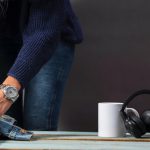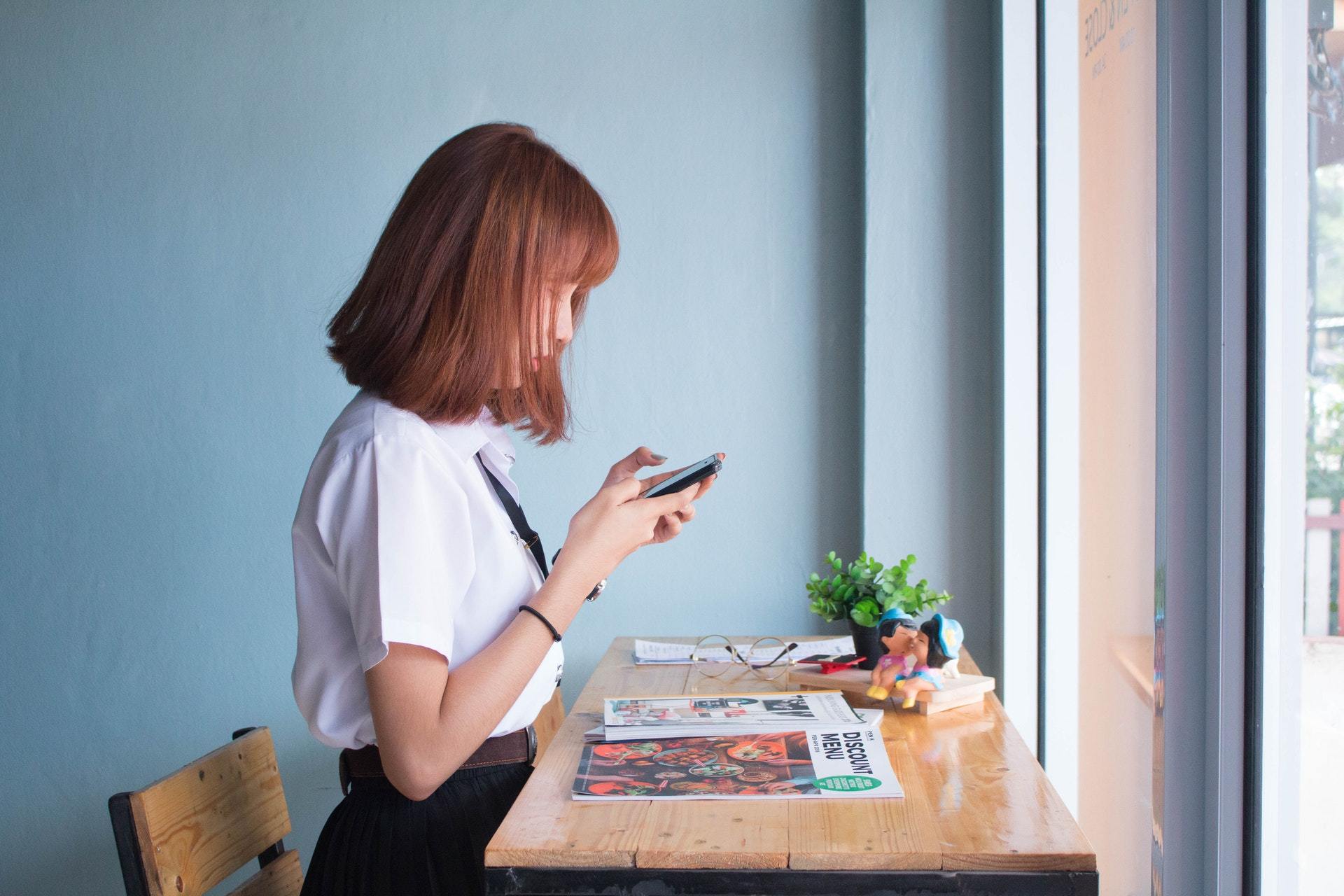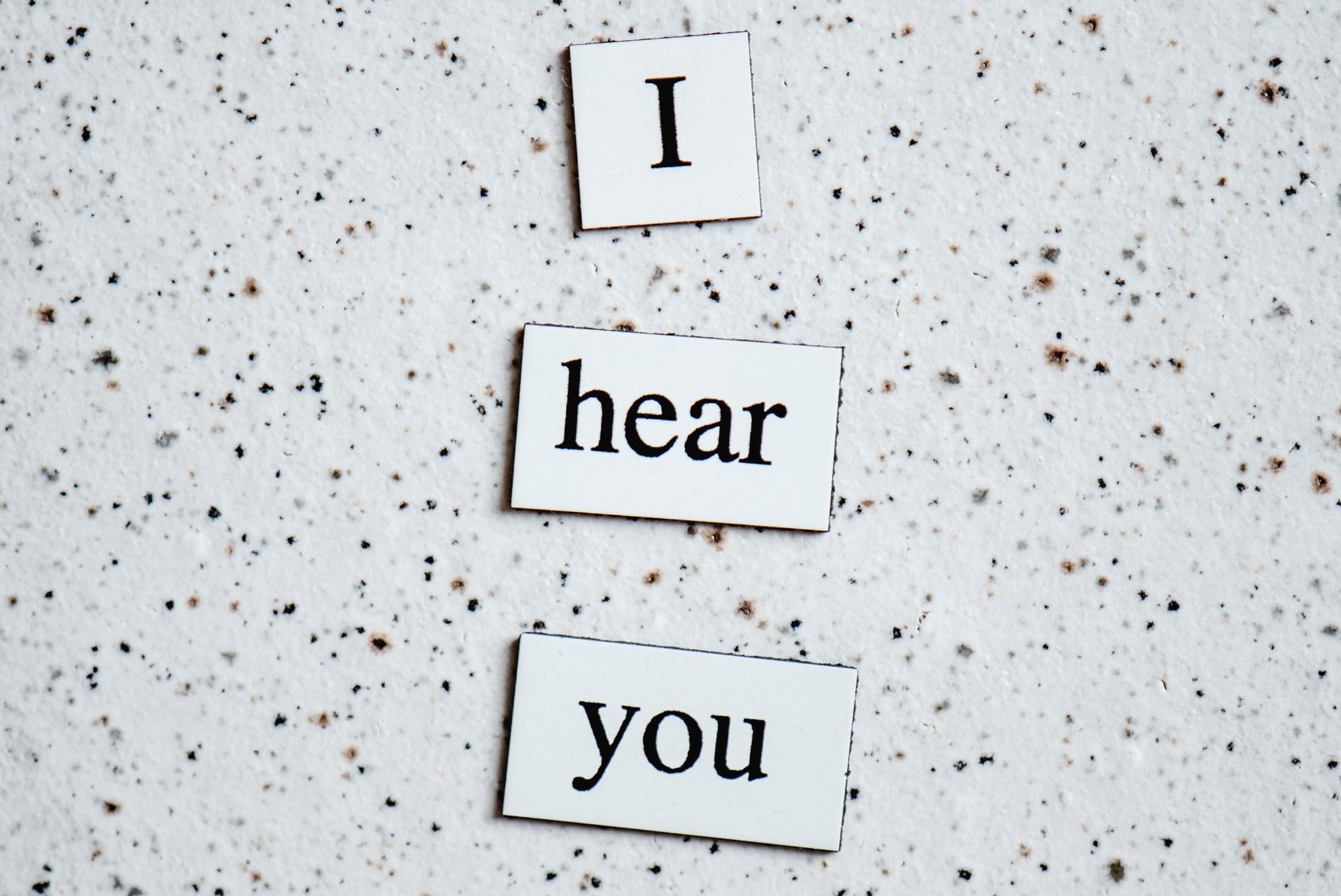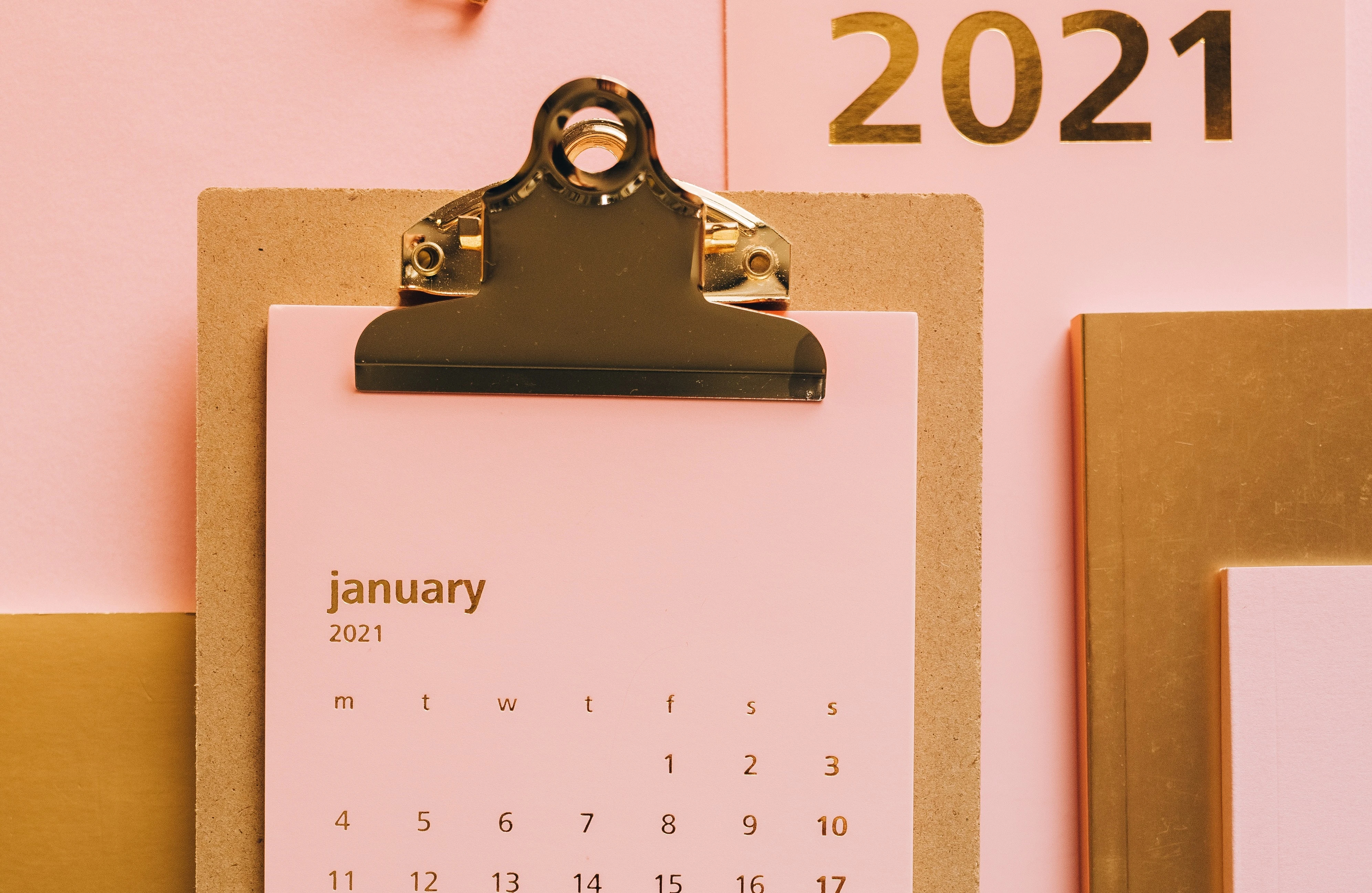
I found myself recently sitting in an urgent care exam room with my daughter, who was in pain with an earache. The doctor came in and I quickly introduced myself and began explaining the situation. The doctor stopped me mid-speech, “Wait. Could you please remove your mask while you’re speaking? I’m hard of hearing and need to read your lips.” I was taken aback for a moment, removing my mask felt so foreign. But I was also struck by what a different world the COVID environment must be for this doctor and anyone else with hearing loss.
Being so accustomed to seeing people’s mouths moving, to have that taken away, must be extremely disconcerting. At a time when we are all trying to find our footing in a very strange and stressful new normal, people with hearing loss are feeling further struggles to communicate on top of the challenges they already face.
It’s no surprise that in the recent Olive Union nationwide survey of 1500 U.S. adults, 3 in 5 reported struggling to hear or engage in conversation while wearing a face mask. That’s more than half of respondents and with an estimated 48 million American adults affected by hearing loss, there are probably many missed conversations happening during this pandemic.
With face masks becoming an accepted part of everyday life for most Americans, Olive Union, the company dedicated to improving the sounds of everyday life, recently commissioned a national survey of 1,500 US adults to find out the extent to which hearing impairment affects their lives, particularly during this time of (nearly) ubiquitous facemask use.
Most U.S. adults are affected by some degree of hearing loss
According to the survey results, an astounding 82% of US adults indicate they experience hearing trouble at various times. 64% of US adults said they know a family member or friend who has experienced hearing loss.
Among the respondents who reported currently experiencing hearing loss, these common situations were reported to be the most difficult:
- Conversing at a restaurant (45%)
- Watching television (44%)
- Listening on a speaker phone (38%)
Facemasks Make Hearing Harder for Most
According to the Olive Union survey, 63% of US adults have struggled to hear or engage in conversation while wearing a mask. This figure is notably higher than the roughly 15% of US adults affected by hearing loss to begin with, which means it’s not just those with hearing loss that are struggling to hear through masks.
Trying to communicate through a mask and having great difficulty is apparently making many think about their hearing more. The survey found that of those who reported struggling to hear due to face masks, 2 out of 3 of these people also reported questioning their hearing abilities. And 69% of respondents said they are finding it difficult to understand what others are saying when not being able to read the speaker’s lips. As you can imagine this has led to many awkward and confusing moments, with 90% of this group stating they have asked others to repeat themselves and 76% admitting to pretending to understand what the other person was saying.
With COVID-19 still a threat and mask wearing becoming the established form of prevention, even those with mild hearing loss may be experiencing significant difficulty understanding and communicating with those around them. It’s a side effect of prevention that for the most part has been overlooked prior to this survey.
Many Procrastinate on Addressing their Hearing Loss
Although our five senses play a critical role in most parts of our daily life, this survey also revealed a significant difference in how Americans view hearing loss compared to other needs. More than half of Americans say that they’d wait until their hearing ability had declined by 50% or more prior to using an aid. Only 30% however said they would wait to the same extent of decline before wearing glasses. Clearly many of us still struggle with a stigma associated with addressing hearing loss and wearing hearing aids.

So Where Does That Leave Us?
Given the prevalence of hearing struggles that many are living with, amplified by the communication challenges associated with mask wearing, the use of a hearing device offers not only support, but the ability to continue connecting with both content and people around us – while remaining socially distant.
Yet, despite the benefits, the primary reasons people give for not wanting to wear a hearing aid are mostly cosmetic and based on perception. 35% of respondents stated that they’d be unwilling to use a hearing device due to ‘feeling elderly’ and 19% feel wearing it daily would be an additional burden to daily life.
“Our response to the global pandemic has confirmed that a tremendous number of US adults suffer from some level of hearing loss, as mask-wearing eliminated our brain’s final tools of lip-reading, visual cues and facial expressions for filling in the blanks,” Owen Song, Founder and CEO of Olive Union notes. “Our mission is to remove any social barriers to hearing loss with Olive’s smart and sleek solutions that help everyone improve their hearing, and lives.”
Hopefully with new, more discreet device solutions like Olive Union’s Smart Ear, people with hearing loss can take the stress and worry out of communicating, by finding a solution to their hearing issues, even in the time of face masks.
https://www.cdc.gov/coronavirus/2019-ncov/prevent-getting-sick/cloth-face-cover-guidance.html
https://www.hsdc.org/accessible-deaf-friendly-face-mask/
https://www.aarp.org/health/conditions-treatments/info-2020/hearing-aid-face-mask.html
https://hearinghealthfoundation.org/blogs/managing-hearing-loss-in-the-time-of-covid-19








